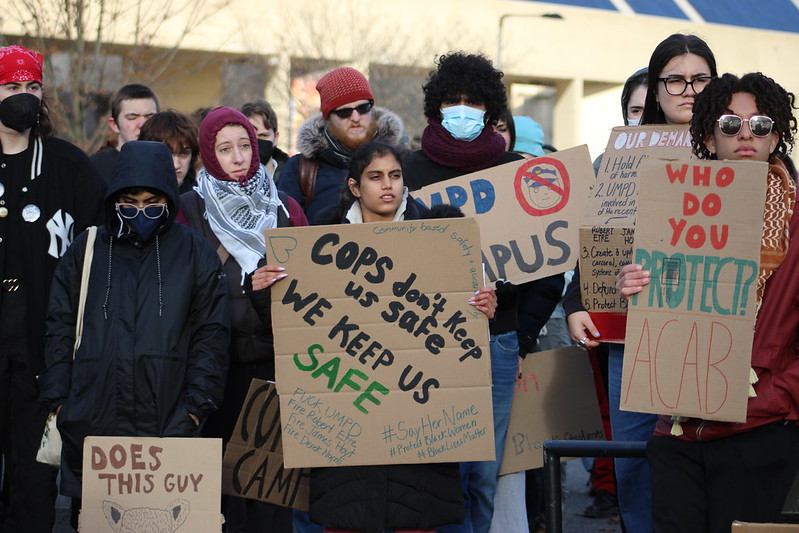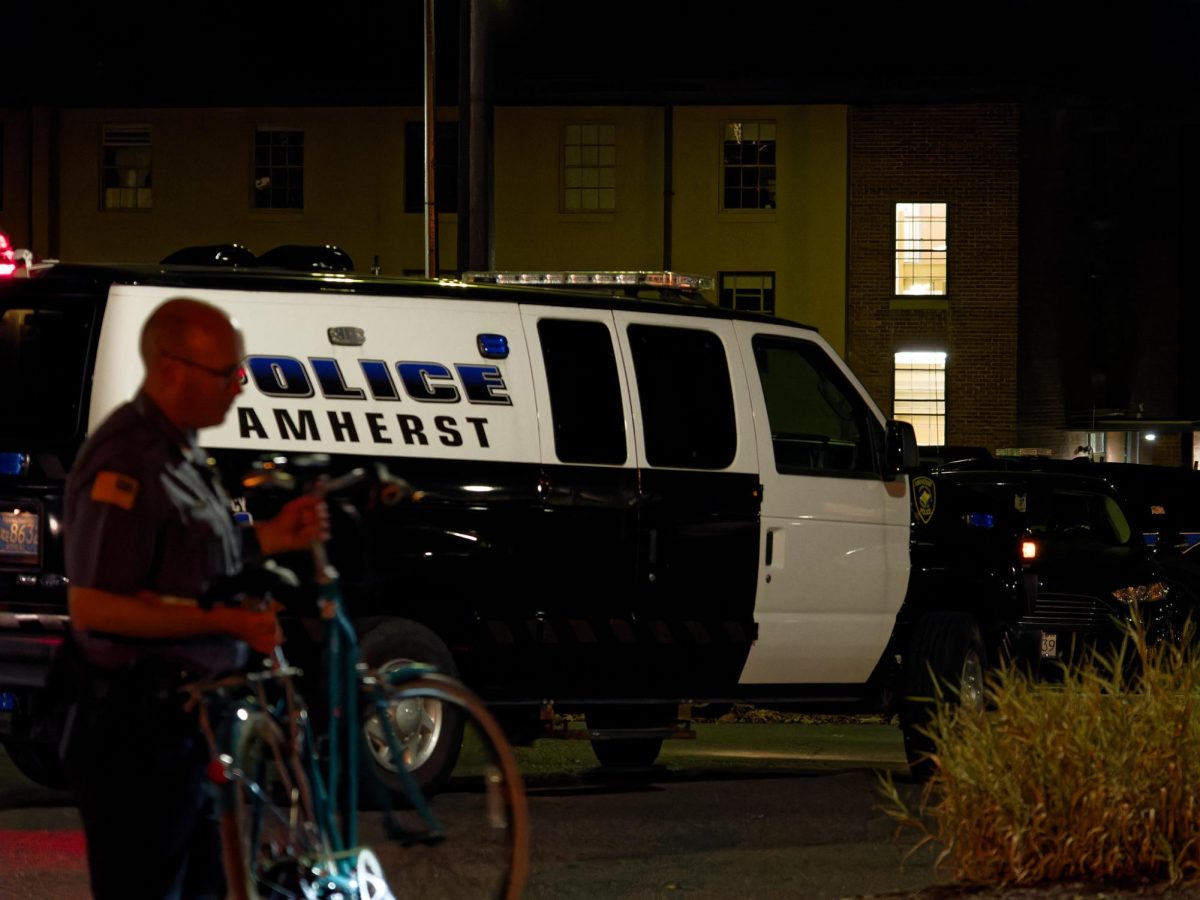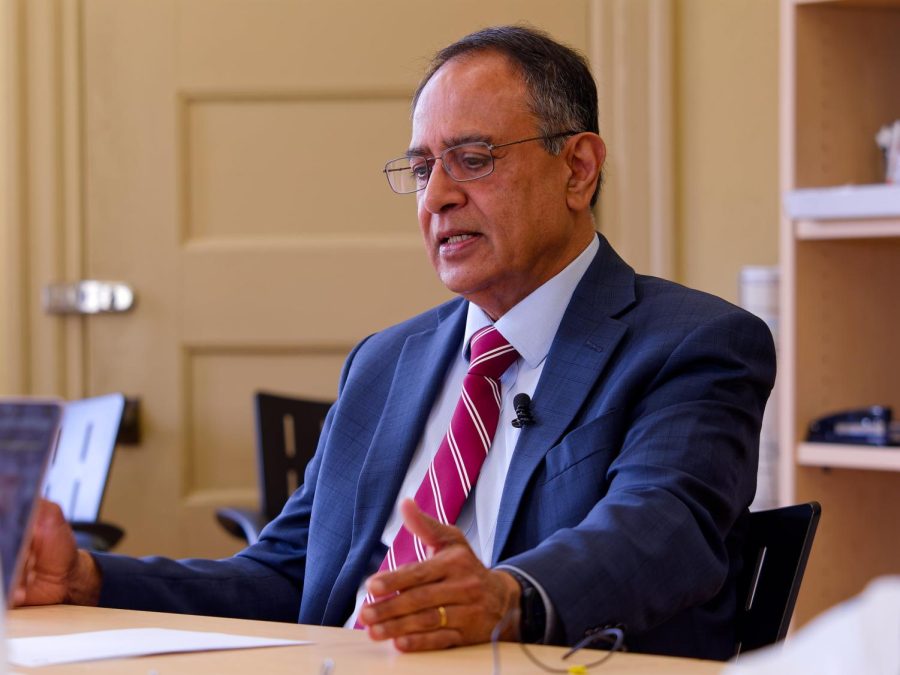
University of Massachusetts Chancellor Kumble Subbaswamy has decided to end the University’s confidential informant program, he announced in a campus-wide email Thursday morning.
The decision comes after an 11-member working group completed a full review of the school’s confidential informant policy this week. Subbaswamy suspended the program in September after a report by the Boston Globe about a student informant who died of a heroin overdose in 2013 raised concerns that the University was not doing enough to protect members of the program.
“After careful consideration of the panel’s findings, I have concluded that enlisting our students as confidential informants is fundamentally inconsistent with the core values of our community and I have ordered an end to the program,” Subbaswamy wrote.
The panel’s report stated that the UMass Police Department considers confidential informants a “core component” of its drug enforcement strategies. During the 18-month period from September 2012 to February 2014, nearly half of drug arrests made by UMPD were based on the cooperation or information provided by informants.
However, the panel found numerous costs associated with retaining the program in its current form, including potential missed opportunities to intervene with students who have drug addictions, increased distrust of UMPD and lack of communication about informants’ status with other offices on campus, including the Dean of Students office, Residential Life and University Health Services. The report also cited concerns about potential adverse effects on informants themselves and lack of parental notification regarding drug use or confidential informant status.
The student in the Globe’s initial story, Eric L. Sinacori – identified as “Logan” – became a confidential informant for UMPD after he was caught selling LSD and Molly to an undercover police officer a year before his death in October 2013. Police also seized a hypodermic needle during the bust.
By becoming a confidential informant, UMPD allowed Sinacori to keep the incident a secret from his parents, who would have otherwise been notified of the offense. The UMass junior was found dead of a heroin overdose in his off-campus apartment a year later.
The Globe’s story on Sinacori raised questions about whether the University did enough to help the student who was struggling with addiction, and whether officials failed to recognize a heroin problem on campus.
On Thursday, the Globe reported that Sinacori’s mother began receiving anonymous hate mail after her son’s story was published, including some that suggested his heroin dealer poisoned him on purpose for being a confidential informant. Now she wonders if her son was murdered.
According to the panel’s report, all 11 members unanimously found that the program in its current form should be ended, but deferred to the chancellor on the ultimate question of whether to completely end the program or whether to mitigate its costs by imposing various safeguards.
In October, the Student Government Association found that there were no potential safeguards that could address student concerns with the program.
“The personal, social and ethical costs of the confidential informant program clearly outweigh its benefits and the review’s findings, along with the administrative realignment of the police department under Student Affairs and Campus Life, will allow campus police to employ other approaches as they continue to combat illegal drug use, possession and sales, and protect the members of our campus,” Subbaswamy wrote.
According to the Globe, Sinacori’s mother applauded the chancellor’s decision.
The panel was chaired by Diane Curtis of the political science department, and was comprised of UMass students and staff. In his email, Subbaswamy wrote that he was also advised by former Middlesex County District Attorney Gerard Leone, who is currently an attorney with Boston law firm Nixon Peabody LLP.
Aviva Luttrell can be reached at [email protected] and followed on Twitter @AvivaLuttrell.


















